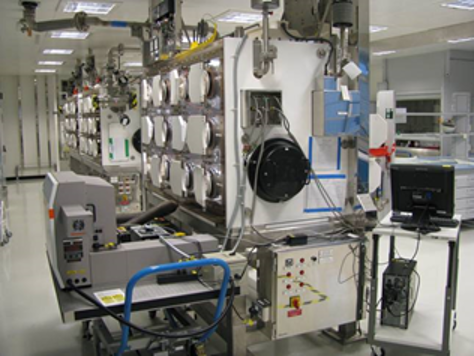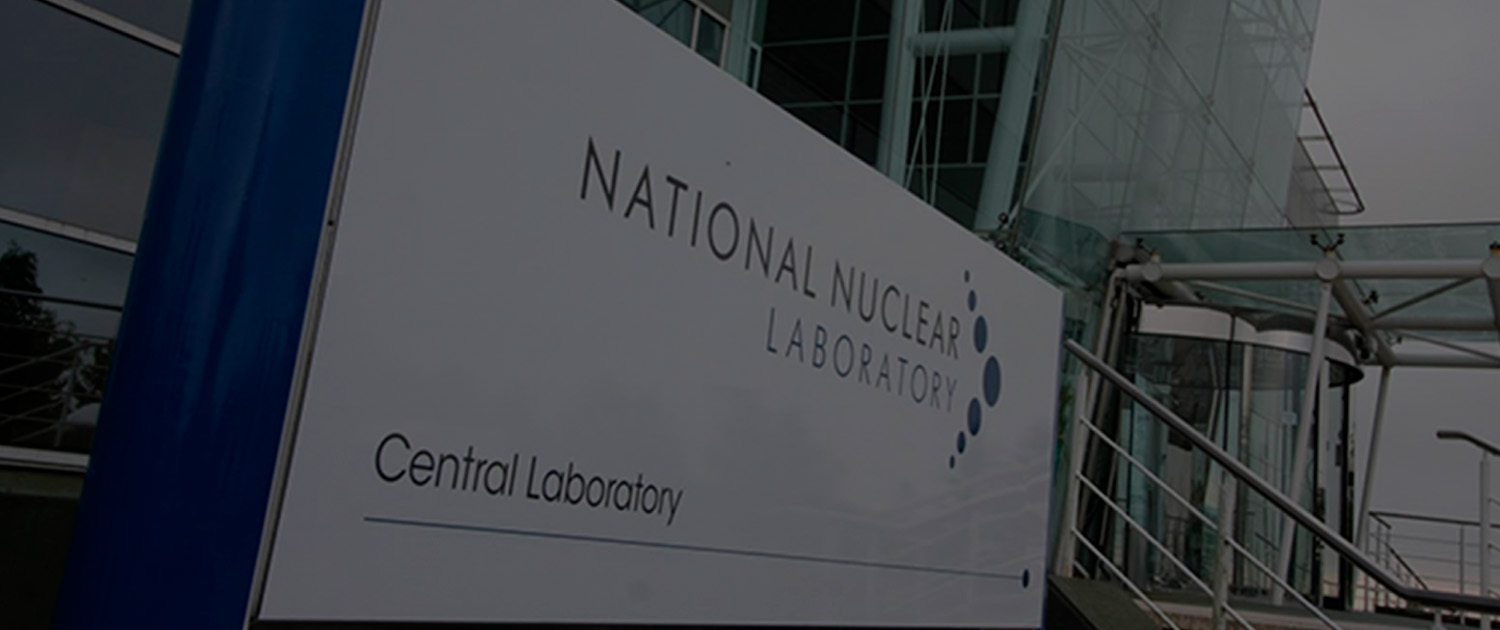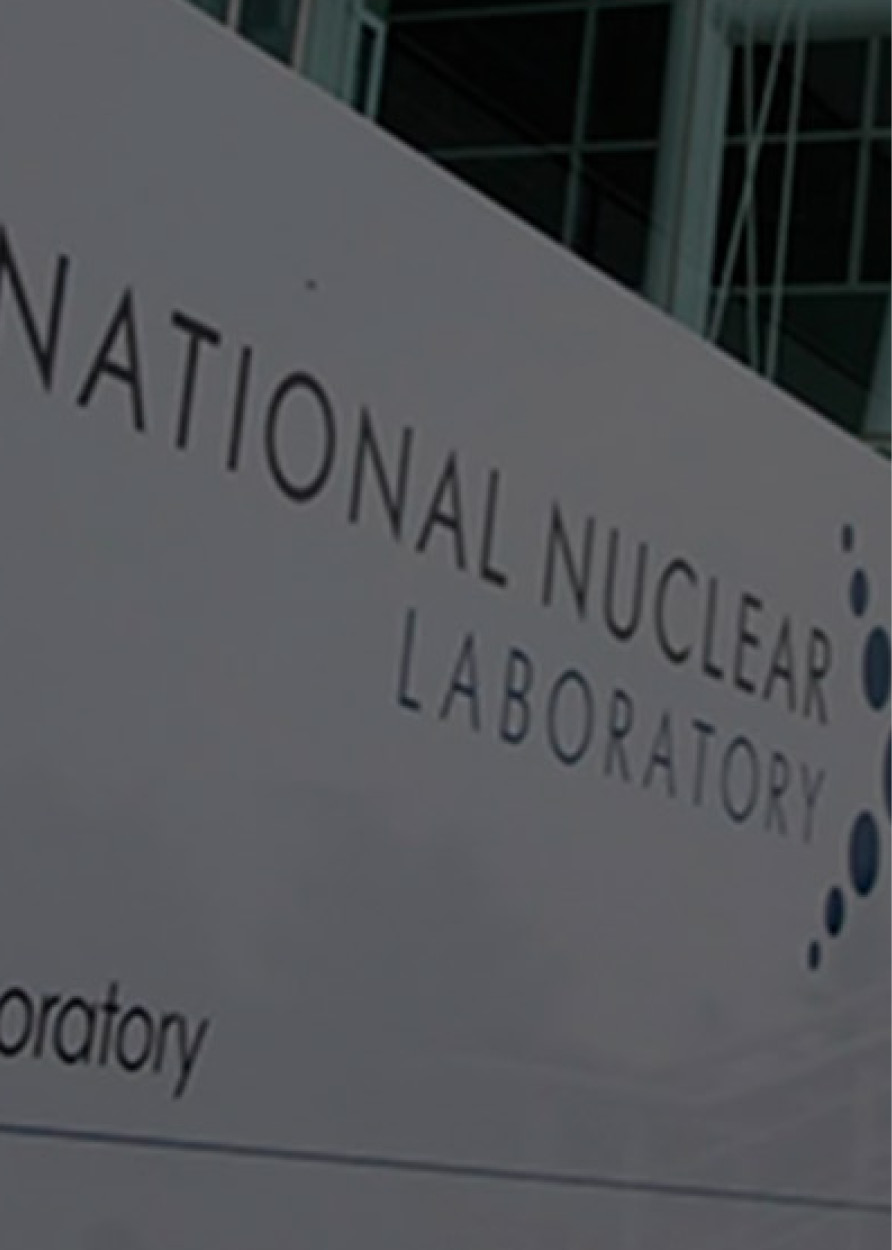 We are leveraging the UK’s rich nuclear heritage to help solve global challenges in four strategic areas: Clean Energy, Environmental Restoration, Health and Nuclear Medicine and Security and Non-Proliferation.
We are leveraging the UK’s rich nuclear heritage to help solve global challenges in four strategic areas: Clean Energy, Environmental Restoration, Health and Nuclear Medicine and Security and Non-Proliferation.
At a time when society is waking up to acting on the environmental crisis our planet faces, it is impossible to overestimate the scale of the challenge ahead for the UK in reaching net zero by 2050. Without nuclear, the UK will not meet this target on time. And without UKNNL’s work, the UK nuclear sector cannot deliver what is required.
Whether it is accelerating the UK’s demonstration programme for Advanced Modular Reactors or delivering our first sustainable indigenous supply of medical radioisotopes since the 1960s, UKNNL will be at the forefront of game-changing advances that will help to transform the environment and people’s lives, now and into the future.
And it is our people here at UKNNL who will be driving this forward, supported by our customers and partners in government, academia and the private sector both in the UK and worldwide.
Royce facilities at UKNNL include a dedicated materials characterisation suite for the analysis of highly active materials including microscopy, Raman and sample preparation techniques. Instruments can be modified for remote handling and characterisation of highly active samples (e.g. irradiated fuel and cladding). These state-of-the-art facilities are dedicated to supporting the development of materials associated with, or originating in, high neutron flux environments.

Core Facilities
Royce facilities at UKNNL are split across the Central Laboratory and Windscale Facility at Sellafield
Central Laboratory
Windscale Facility
Technology Platforms
Royce Technology Platforms are groupings of cutting-edge facilities and expertise. Each Platform has a Technology Platform Lead responsible for developing and enhancing the facilities and supporting related research activities which utilise Royce Equipment.




